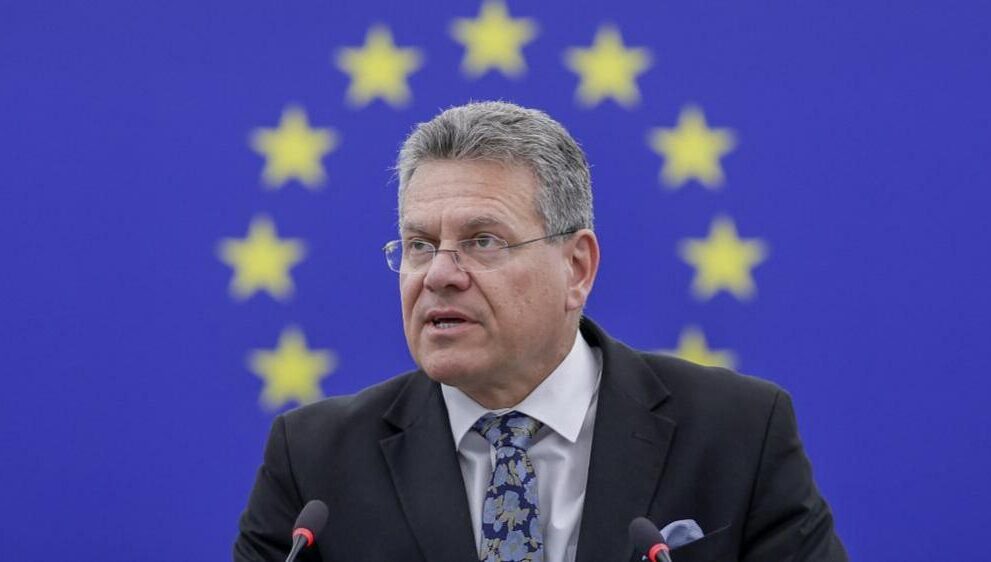The European Union is considering a temporary trade arrangement with the United States that would keep a 10 percent tariff on most exports, according to information shared with EU ambassadors. This update followed important discussions in Washington, where the EU’s Trade Commissioner aimed to prevent a planned 50 percent tariff on all European goods set to take effect from July 9 if no agreement is reached.
Alongside the standard tariff, talks are set to continue regarding potential tariff relief for specific industries, including the automotive sector, according to officials familiar with the Commission’s stance.
The outcome was somewhat disappointing for European governments, as earlier negotiations had raised hopes that some immediate tariff reductions might be possible. The U.S. currently imposes 25 percent tariffs on vehicles and 50 percent on steel and aluminum imports.
Despite intense discussions, reaching a consensus remains challenging due to differing views among EU member states on how to proceed. Various options are still being considered, including the possibility of no deal.
Before confirming any provisional agreement, the head of the EU executive is expected to hold separate consultations with national leaders over the weekend to determine the next steps. On the American side, consultations among advisors are scheduled for Monday, so any formal announcement is likely to be delayed.
From the EU perspective, the U.S. is anticipated to categorize trade partners into three groups: those with whom tariff suspensions are in place due to a provisional deal, those subject to reinstated tariffs while negotiations continue, and those facing sustained tariffs if talks stall.
The EU leader indicated readiness to accept a basic “agreement in principle” similar to a previous arrangement made by another country, which maintained baseline tariffs but exempted certain sectors like automobiles and steel while broader negotiations remain underway.
Some EU member states have expressed concerns that such a limited deal would be insufficient without an immediate commitment from the U.S. to ease tariffs on key industries.
Within the EU, there is a split between those pushing for a swift agreement with reduced tariffs for major export sectors and others advocating for stronger, more balanced terms in the talks.
Meanwhile, the EU has held back from implementing a planned €100 billion retaliation package against U.S. tariffs, hoping to keep negotiations open and avoid escalating tensions further.



